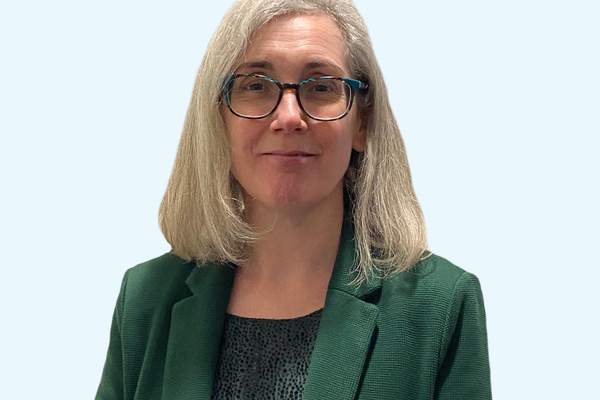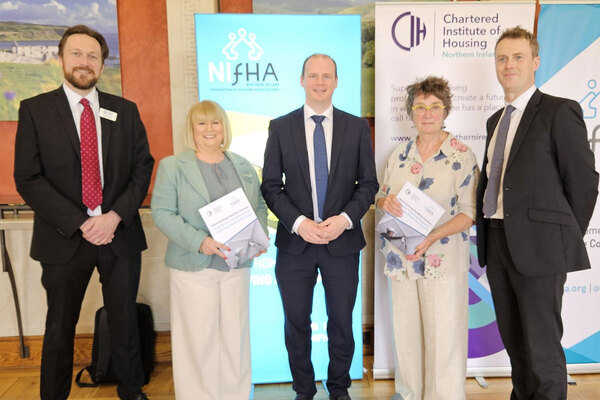
Aisha Chaudhry is strategic project manager for placemaking at L&Q
We are supporting disadvantaged pupils, but schools need better funding to make education fair for all
It is no secret that a pupil’s socio-economic background can impact their educational success. Aisha Chaudhry explains why L&Q runs a series of educational programmes that support young residents
All children have the same right to the opportunities afforded by a good education. This is a core belief at L&Q. But sadly, research has shown repeatedly that a child’s economic background is one of the biggest predictors of the qualifications they are likely to gain.
The Education Policy Institute’s 2020 annual report found that pupils from a disadvantaged background are, on average, 18 months behind their wealthier peers at GCSE level. To try to address this disparity, we run a series of educational programmes that support our young residents through every stage of their learning journey, from primary school to university. The results that we have seen are incredible and prove that, given the opportunity, every single child has the ability to succeed.
We know that the attainment gap appears early and widens quickly. To tackle this, we have spent 10 years supporting Tutors United, which offers private tutoring to year four, five and six pupils from lower socio-economic backgrounds.
Tutors United also engages parents and ensures they are aware of what their child is learning. Sometimes English may not be the parents’ first language, which means that advice and information on how best to support their child really helps. We have seen students who were assessed as four years behind catch up with their peers in a short space of time with the help of the programme. I can honestly say that there has been an improvement for every single child who goes through it.
“Without interventions like ours, these pupils don’t get the same opportunities as their peers for whom the school or parents have provided the funds for a more rounded education”
Our follow-on programme is Learning to Succeed, which is delivered in 30 schools across London that are close to L&Q homes. With our partner Runway Training, we deliver extra tuition to GCSE students in STEM subjects, as well as careers advice and sessions on money and budgeting. We engage and work closely with pupils to provide targeted, one-to-one support and individual learning plans. While helping the students prepare for their exams, we are also encouraging them to think about what comes after, whether it’s further education, apprenticeships or work.
From our work, we’ve noticed that schools in the most deprived boroughs don’t have the resources to do this. This means that, without interventions like ours, these pupils don’t get the same opportunities as their peers for whom the school or parents have provided the funds for a more rounded education.
Our next stage of support is the Turlough O’Brien scholarship. Students receive £6,000 a year towards their fees, which makes university a possibility for those who might otherwise be unable to afford it.
I have seen so many young people flourish thanks to this programme. One student from our first cohort in 2017 did a six-year medical degree that she is now close to completing. Another scholar has just landed her dream job after completing a degree in games design. Students are free to study what they like, but we’ve seen a lot of degrees in law, medicine, maths and politics.
We see consistently great results from them. The feedback is that they wanted someone to believe in them and when we did, they wanted to make us proud. Their degrees open doors for sustainable employment and better futures. They work hard because they know there are lots of people out there who don’t get those opportunities.
What these three programmes have shown over the years is that if you give any young person confidence and the right opportunities, they will do well.
In an ideal world this support would be given to all children, regardless of where they live or how wealthy their parents are. But until that happens, we are here to support our young residents in fulfilling their potential through every step of their education journey.
Aisha Chaudhry, strategic project manager for placemaking, L&Q
Sign up for our daily newsletter
Already have an account? Click here to manage your newsletters












